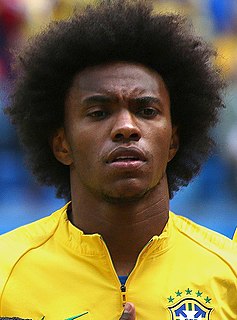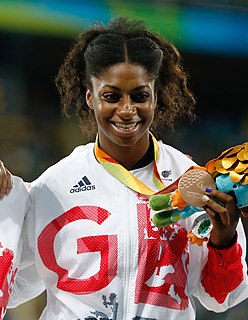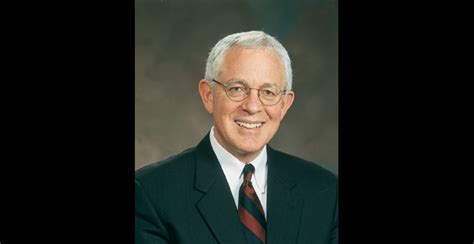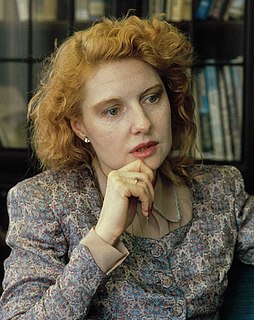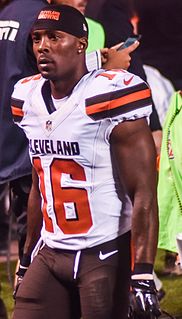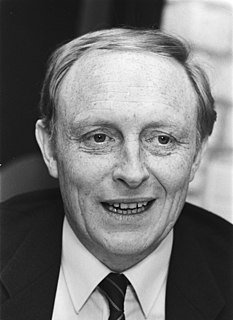A Quote by Jane Austen
A family of ten children will be always called a fine family, where there are heads and arms and legs enough for the number.
Related Quotes
And what is called history at school, and all we learn by heart there about heroes and geniuses and great deeds and fine emotions, is all nothing but a swindle invented by the schoolmasters for educational reasons to keep children occupied for a given number of years. It has always been so and always will be.
Like so much of what is worthwhile in life, our needs for friendship are often best met in the home. If our children feel friendship within the family, with each other, and with parents, they will not be desperate for acceptance outside the family. I think one of life’s most satisfying accomplishments for my wife and me is to have lived long enough to see our children become good friends.
Every family is a 'normal' family - no matter whether it has one parent, two or no children at all. A family can be made up of any combination of people, heterosexual or homosexual, who share their lives in an intimate (not necessarily sexual) way. ... Wherever there is lasting love, there is a family.
As you get older and as your situation changes, it becomes different. Yes, I have to provide for my family, so if there's a chance that I'm not going to be able to provide for my family, who is always number one, my kids are always number one, then yeah, maybe it's not the same. But like I said, everybody's boiling point is different and you get to that point differently and you're at peace with it.
What I have most learned from my son is to respect him and to love him unconditionally. I believe that if parents respect their children and educate them with love and justice (and not just with words, but with their own behavior) the relationship with their children will be wonderful. Then parents will always be proud of their children, and children will always be proud of their parents. There will be peace in the family, and the home will be a sanctuary.
It is within the family that children learn the values that will guide them for the rest of their lives. It is within the family that they form their earliest relationships, learn to communicate with others and interact with the world around them. It is within the family that the notion of human rights becomes a reality lived on a daily basis. If tolerance, respect and equity permeate family life, they will translate into values that shape societies, nations and the world.



